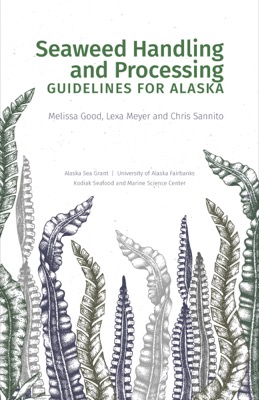
Ecosystem Impacts of the KwaZulu-Natal Reef Fishery, South Africa: An Exploratory Model
M. Verónica Toral-Granda, Coleen L. Moloney, Jean M. Harris, and Bruce Q. Mann
- Price: $0.50 Sale: $0.00
 This is part of Ecosystem Approaches for Fisheries Management
This is part of Ecosystem Approaches for Fisheries Management| Format | Price | |
|---|---|---|
| PDF download [304.5 KB] Bypass cart and download |
Free | Add to Cart |
Description
The linefishery in the subtropical waters off KwaZulu-Natal, South Africa, targets a variety of species associated with rocky reefs at depths of up to 200 m. Populations of many of these reef fish are severely depressed by past and current fishing. Current management objectives aim to rebuild these stocks and to conserve the ecosystems, but means of implementing these objectives are unclear. This paper presents a mass-balance ecosystem model of the KwaZulu-Natal reef ecosystem. It divides the reef community into 18 groups, and quantifies biomass, production, and consumption for each group. Flows among groups are calculated using a diet composition matrix that changes according to the relative productivity of food groups. Model results indicate that community biomass is dominated by suspension-feeders. Detritus is assumed to be an important source of food for consumers, but this needs to be substantiated. The biomass and production of selected groups were changed in a series of experiments to investigate the impacts of the fishery. The results were evaluated in terms of ecotrophic efficiencies, and sometimes were unexpected because of factors such as redirected predation from previously abundant groups onto other prey groups. The model was sensitive to changes in biomass of the fish groups, including that of the group that was historically dominant in the fishery. Given the large historical changes, the current reef ecosystems are probably markedly different from the pristine state. However, it is difficult to predict the likely impacts of past and future changes on single species. Future management should aim to maintain unfished areas of representative reef, and future data collection should be directed at comparative studies of protected and unprotected reef communities, to complement the ongoing fisheries data. The model, despite its limitations, is guiding future research so that limited resources can be directed appropriately to achieve management goals.
Item details
- Item number: AK-SG-99-01s
- Year: 1999
- DOI: https://doi.org/10.4027/eafm.1999.19



